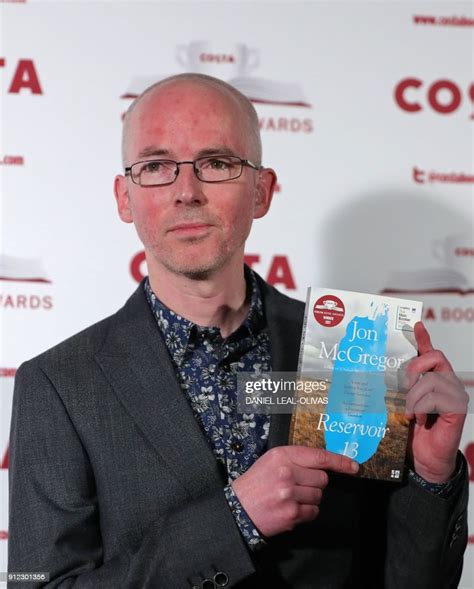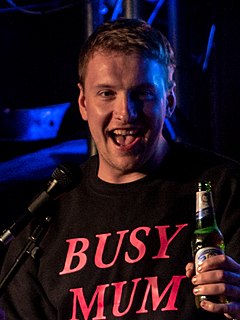A Quote by Jon McGregor
Now that I've had a book published, it is quite validating, but a bit embarrassing.
Related Quotes
My first book published in France was translated and titled Exercices d'Attente in 1972. It was a collection of short works written and published in Romania. In 1973 I was ready to publish the novel Arpièges, which I had started writing in Romanian and of which I had published some fragments under the title Vain Art of the Fugue. Some years later, I finished Necessary Marriage.
About a year after (my stories began being published), magazine editor George Scithers, suggested to me that since I was so new at being published, I must be very close to what I had to learn to move from fooling around with writing to actually producing professional stories. There are a lot of aspiring writers out there who would like to know just that. Write that book.SFWW-I is that book. It's the book I was looking for when I first started writing fiction.
When I wrote the first Betsy book, 'Undead and Unwed,' I had no idea, none, that it would be a career-defining, genre-defining book, the first of over a dozen in the series, the first of over 70 published books, the first on my road to the best-seller list, the first on my road to being published in 15 countries.
Write what you want to read. So many people think they need to write a particular kind of book, or imitate a successful style, in order to be published. I've known people who felt they had to model their book on existing blockbusters, or write in a genre that's supposed to be "hot right now" in order to get agents and publishers interested. But if you're writing in a genre you don't like, or modeling yourself on a book you don't respect, it'll show through. You're your first, most important reader, so write the book that reader really wants to read.







































